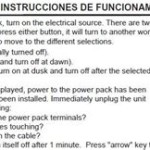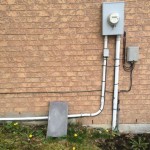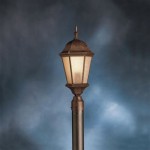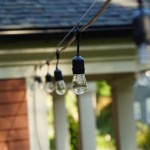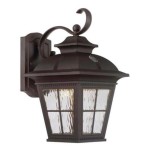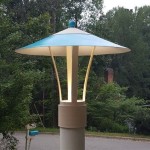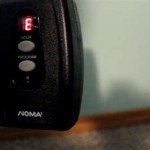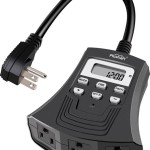Can PVC Electrical Conduit Be Used Outdoors?
PVC (polyvinyl chloride) electrical conduit is commonly used for protecting electrical wires and cables in various applications. Its affordability, durability, and ease of installation make it a popular choice for both indoor and outdoor projects. However, it's essential to consider the specific requirements and limitations of PVC conduit when using it outdoors.
Key Factors to Consider
When determining if PVC electrical conduit is suitable for outdoor use, several key factors need to be taken into account:
- Temperature extremes: PVC has a temperature rating of -40°F to 140°F. In extreme cold or heat, the conduit may become brittle or warp, compromising its integrity and potentially causing electrical hazards.
- UV exposure: Prolonged exposure to ultraviolet (UV) radiation can degrade PVC, causing it to become brittle and discolored. This can weaken the conduit and reduce its lifespan.
- Moisture and humidity: PVC is not waterproof, and extended exposure to moisture can cause the conduit to absorb water and become damaged. This can lead to electrical shorts and other safety concerns.
- Sunlight: Direct sunlight can accelerate the degradation process of PVC conduit, especially if it is not shielded from UV radiation.
Outdoor Applications for PVC Conduit
Despite these limitations, PVC electrical conduit can be used in certain outdoor applications with proper precautions:
- Underground installations: PVC conduit is ideal for burying underground, where it is protected from temperature extremes, UV radiation, and moisture.
- Indoor/outdoor applications: PVC conduit can be used for short runs between indoor and outdoor areas, provided that the conduit is shielded from direct sunlight and moisture.
- Temporary installations: PVC conduit is suitable for temporary outdoor use, such as for construction sites or events, where it will not be exposed to harsh conditions for extended periods.
Precautions for Outdoor Use
To ensure the safe and effective use of PVC electrical conduit outdoors, follow these precautions:
- Use Schedule 40 or 80 PVC: These thicker-walled conduits are more robust and resistant to damage.
- Provide UV protection: Cover the conduit with UV-resistant paint or wrap it in UV-resistant tape.
- Consider moisture protection: Use watertight connectors and seal any openings in the conduit.
- Install conduit properly: Follow the manufacturer's instructions for proper installation and support.
- Inspect regularly: Regularly inspect the conduit for any signs of damage or degradation.
Alternatives to PVC Conduit for Outdoor Use
If PVC electrical conduit is not suitable for your outdoor application, consider these alternatives:
- Galvanized steel conduit: More durable and corrosion-resistant than PVC, but more expensive and harder to install.
- High-density polyethylene (HDPE) conduit: UV-resistant and moisture-resistant, making it ideal for direct burial.
- Flexible non-metallic conduit (FMC): Similar to PVC conduit, but with a flexible construction that makes it easier to install in tight spaces.
Conclusion
PVC electrical conduit can be used outdoors with appropriate precautions and limitations. By considering factors such as temperature extremes, UV exposure, moisture, and sunlight, and following proper installation and maintenance practices, you can ensure the safe and effective use of PVC conduit in your outdoor applications.

What Electrical Conduit To Use Outdoors Finnley

Running Power To An Outbuilding Fine Homebuilding

Romex Wiring Outdoor Conduit Wesbell Electronics

Where And How Can Pvc Electrical Conduit Be Used Fitting Factory

What S The Difference Between Pvc Pipe And Conduit Lesso Blog

10 Things You Must Know Before Purchasing Electrical Conduit Pipe

8 Types Of Electrical Conduit And Uses For Construction Projects Champion Fiberglass

Stumped By The Code Ec M

The Complete Guide To Cable Conduits Aerosusa

Blue Conduit Electrical Inspections Internachi Forum
Related Posts
